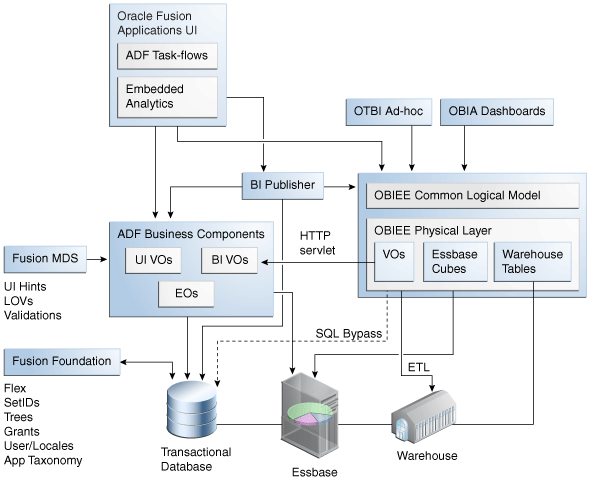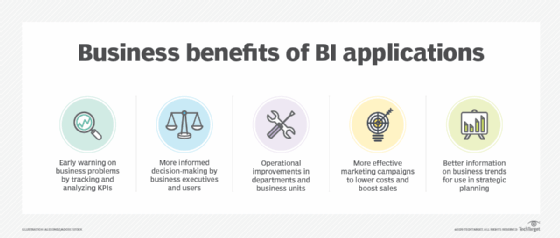

Growth of the business intelligence market has slowed somewhat from previous years, but it continues nonetheless. Developers that specialize in a narrow sub-category, such as reporting tools, will likely find themselves squeezed out of many sales opportunities or will be acquired by larger players that are looking to broaden their own suites. The outcome of these changes is taking shape as a market dominated by companies with complete business intelligence suites.
Various business intelligence applications software#
The significant efforts that leading software companies are making to expand their business intelligence lines, both organically through in-house development and "artificially" through acquisitions, suggests that they see strong demand for the technology.

Solution providers have responded to this trend by further developing their own software and by executing mergers with one-time rivals. Prospective users of business intelligence solutions today show a preference for suites that address all business intelligence functions across an organization. For instance, Information Builders reports that NASA's Shuttle Business Office uses the company's solutions to oversee its relationships with the third-party contractors it employs. Within government agencies, business intelligence software tracks tax revenues and monitors the delivery of public services. Functions that are not industry-specific, such as managing finances, are performed as well. Rather than tracking customer buying habits and other factors that are part of business intelligence for the corporate world, products used within the healthcare sector analyze data on drug studies, enable data on patients to be exchanged in accord with HIPAA privacy regulations, and let patients schedule procedures through self-service modules built into the software. The healthcare industry in particular is a key area of focus for software developers. Non-traditional market segments are also driving the need for enterprise-wide, cross-application business intelligence solutions.

The resulting single source offers not only current, but also historical and predictive views of operations. Over the past several years, they have evolved from narrowly focused query and reporting tools to enterprise-wide platforms. These solutions provide a single source through which to analyze a company's disparate data sources, permitting users to execute queries without the assistance of technical staff. While traditional features for querying, reporting, and analytics have long been the core focus of these tools, BI has evolved in recent years to become comprehensive, enterprise-wide platforms, and newer trends, such as self-service BI, have helped to continue interest in this technology.īI is a combination of the tools and systems involved in an enterprise's strategic planning that aid in its analysis. Business Intelligence (BI) systems are used to improve an enterprise's decision making by combining tools for gathering, storing, accessing, and analyzing business data.


 0 kommentar(er)
0 kommentar(er)
